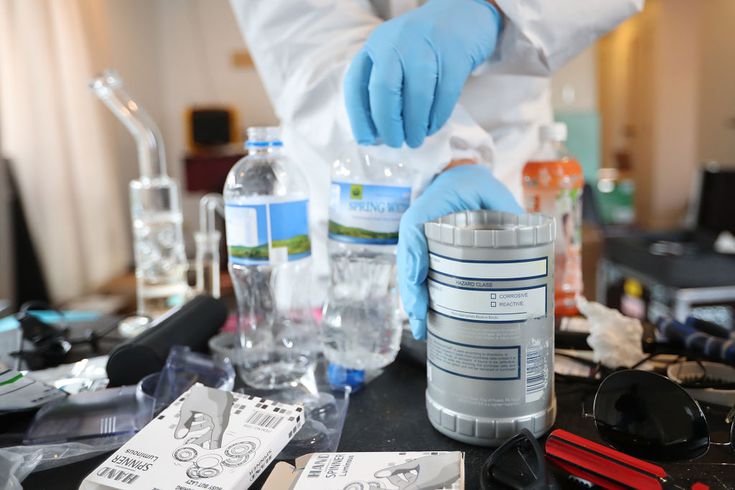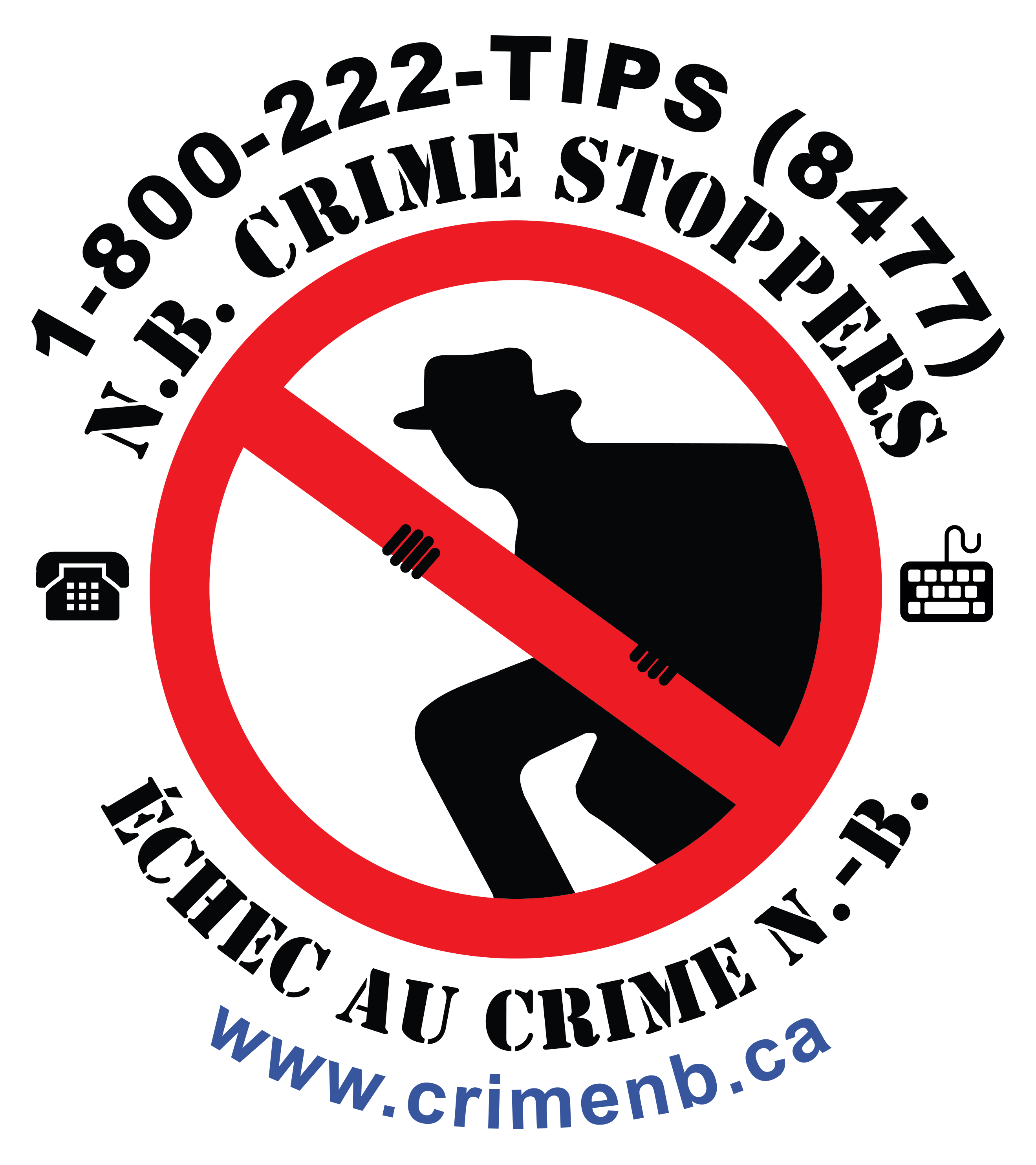How to spot a Drug Lab
Quick Links
How to spot a Drug Lab
 Crystal methamphetamine (“meth”) labs have been found right across Canada, including here in New Brunswick. These labs can be found in makeshift factories, backyard sheds, rural properties, apartments, family homes, hotel rooms – even inside motorhomes and tents in wooded areas. Some of the most unsuspecting properties in your neighbourhood can be home to a meth lab.
Crystal methamphetamine (“meth”) labs have been found right across Canada, including here in New Brunswick. These labs can be found in makeshift factories, backyard sheds, rural properties, apartments, family homes, hotel rooms – even inside motorhomes and tents in wooded areas. Some of the most unsuspecting properties in your neighbourhood can be home to a meth lab.
But what are the tell-tale signs you should be looking for?
While there are no hard and fast rules when it comes to where criminals manufacture meth, there are often a number of signs of a drug house that you can look out for, which include:
Strange odours
The drug manufacturing process involves mixing, breaking down, or changing the structure of precursor substances using other chemicals and heat sources, and this creates unusual odours. In particular, there is often a strong acetone or ammonia smell produced from meth labs. These odours have been compared to the smell of cat urine or rotten eggs.
Strange ventilation techniques
Meth makers often employ unusual ventilation practices to rid themselves of toxic fumes produced by the meth-making process. They may open windows on cold days or at other seemingly inappropriate times, and they may set up fans, furnace blowers, and other unusual ventilation systems.
Chemical containers and waste
Clandestine drug laboratories create a lot of toxic waste, and it’s often stored onsite in buckets or dumped nearby. That’s not to mention the chemical storage containers often found discarded in or around lab sites, including a backyard.
Blacked out windows
Drug manufacturers will often cover or black-out the windows, either with window coverings or foil, to hide their illicit activity from the neighbours.
Excessive security
Producers and illegal drug manufacturers live in constant fear that their labs will be discovered by police, landlords or rival drug dealers. If there are padlocks on the gates, massive security features and double and triple locks on the doors, that should certainly raise eyebrows – especially if a street is relatively safe. It is also not unusual to spot bars on the windows and closed-circuit television cameras to alert for possible intruders.
Dead Vegetation
Meth makers sometimes dump toxic substances in their yards, leaving burn pits, "dead spots" in the grass or vegetation, or other evidence of chemical dumping.
Hoses and pipes in strange places
Many drug manufacturers will use household items to make their drugs, including hoses, pipes and containers easily purchased from hardware stores. An excess of these types of items around a property could be a sign of illicit activity taking place.
Excessive or unusual trash
Meth makers produce large quantities of unusual waste that may contain, for example:
- packaging from cold tablets
- lithium batteries that have been torn apart
- used coffee filters with coloured stains or powdery residue
- empty containers – often with puncture holes – of antifreeze, white gas, ether, starting fluids, Freon, lye, drain opener, paint thinner, acetone, alcohol, or other chemicals
- plastic pop bottles with holes near the top, often with tubes coming out of the holes
- plastic or rubber hoses, duct tape, rubber gloves, or respiratory masks.
Vehicles or unusual foot traffic coming and going at odd hours
Frequent and varied visitors to a property, often at unusual times, could mean you just have a popular neighbour with a big family. But if unfamiliar faces are turning up next door day and night, it might be a sign that there’s something more sinister going on. One thing to watch for is lots of new faces coming knocking.
Criminals don’t work just during business hours. The drug manufacturing process requires regular checking, so it’s not uncommon for those involved in the manufacture of meth to come and go at all times of the day and night. Unusual vehicle movements could also be a sign of drug supply occurring at a property.

